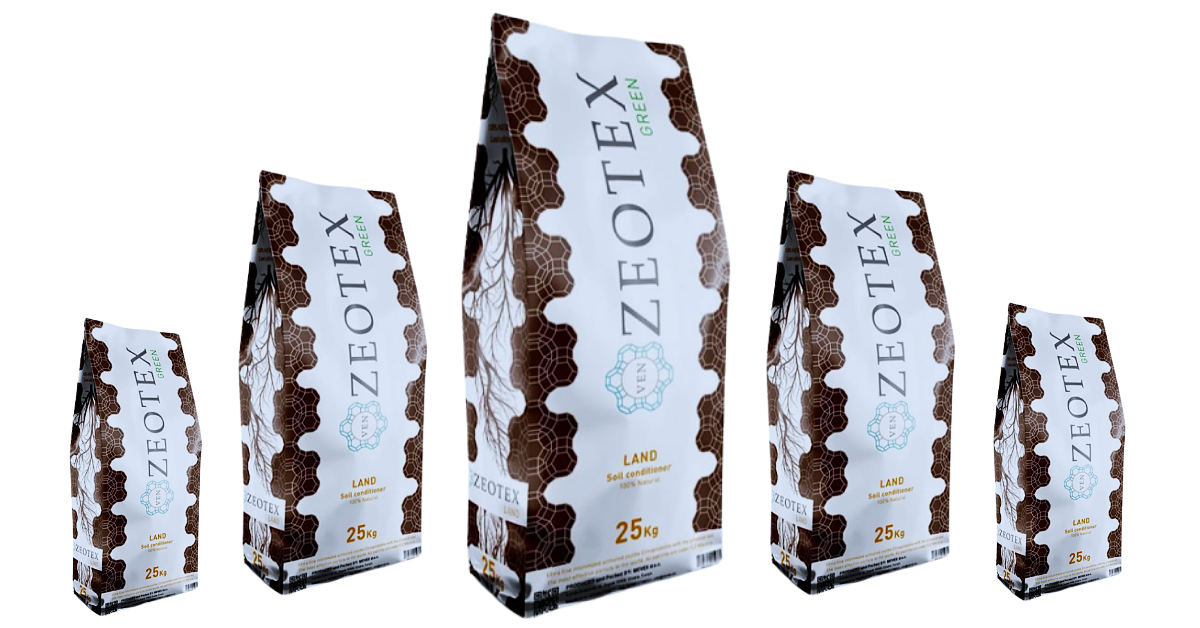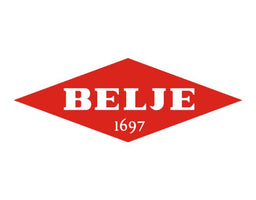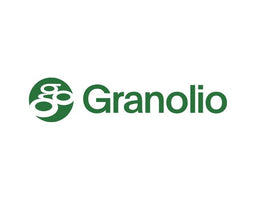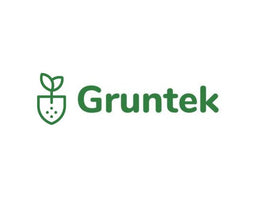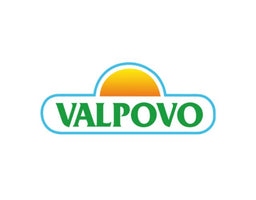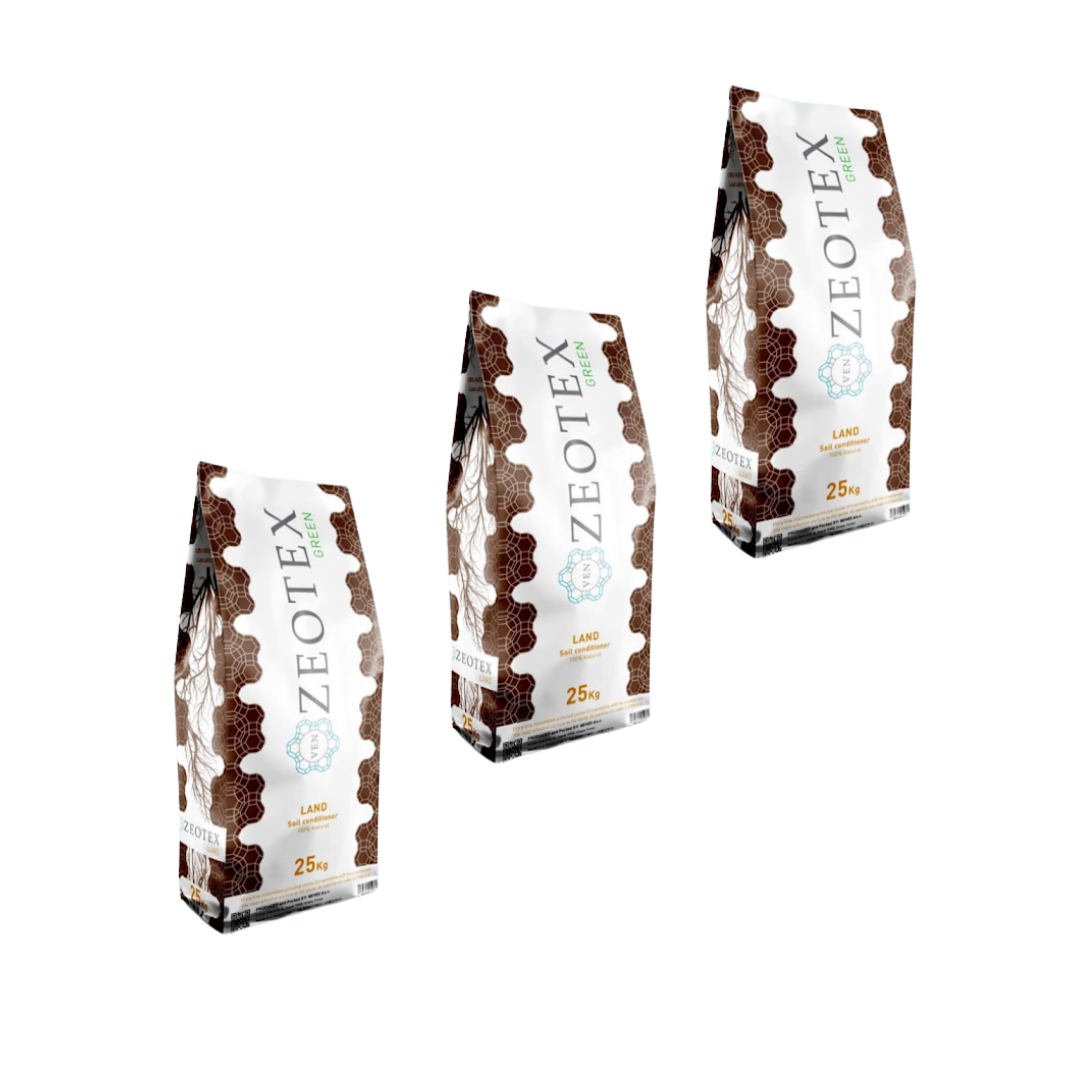
ZEOTEX LAND
In modern agriculture, the focus is on sustainable solutions that preserve soil quality, support healthy plant growth, and increase yield without negatively impacting the environment.
Zeolite improves moisture retention and soil aeration, increases cation exchange capacity (CEC), enables better retention and gradual release of nutrients, and neutralizes harmful substances and toxins in the soil, thus reducing acidity.
Partners
Pushing the boundaries of natural solutions for a cleaner and healthier world.
ZEOTEX LAND
Benefits of Zeotex Land
Increases Yields
With zeolite use, cereals, fruits, and vegetables achieve higher yields, as nutrients are better retained and gradually released to the plant.
Conditions the Soil
Zeolite improves soil structure, making it looser and more aerated, which facilitates plant growth and improves air circulation.
Enhances Fruit Color and Taste
Zeolite improves fruit quality, making them healthier and visually more appealing with better texture and flavor.
Reduces Heavy Metals
Binds heavy metals and toxins in the soil, preventing accumulation in plants and ensuring healthier produce.
Protects Plants from Drought
Zeolite retains water in the soil, ensuring constant moisture—especially useful during dry periods.
Reduces the Need for Fertilizers
By storing and gradually releasing nutrients, zeolite can reduce the need for additional fertilizers by up to 30%.
Improves Seed Germination
Improves germination and helps plants grow faster and healthier, enhancing the early growth phase.
Increases Fertilizer Efficiency
Prevents nutrient leaching, making fertilizers more effective and longer-lasting for plants.
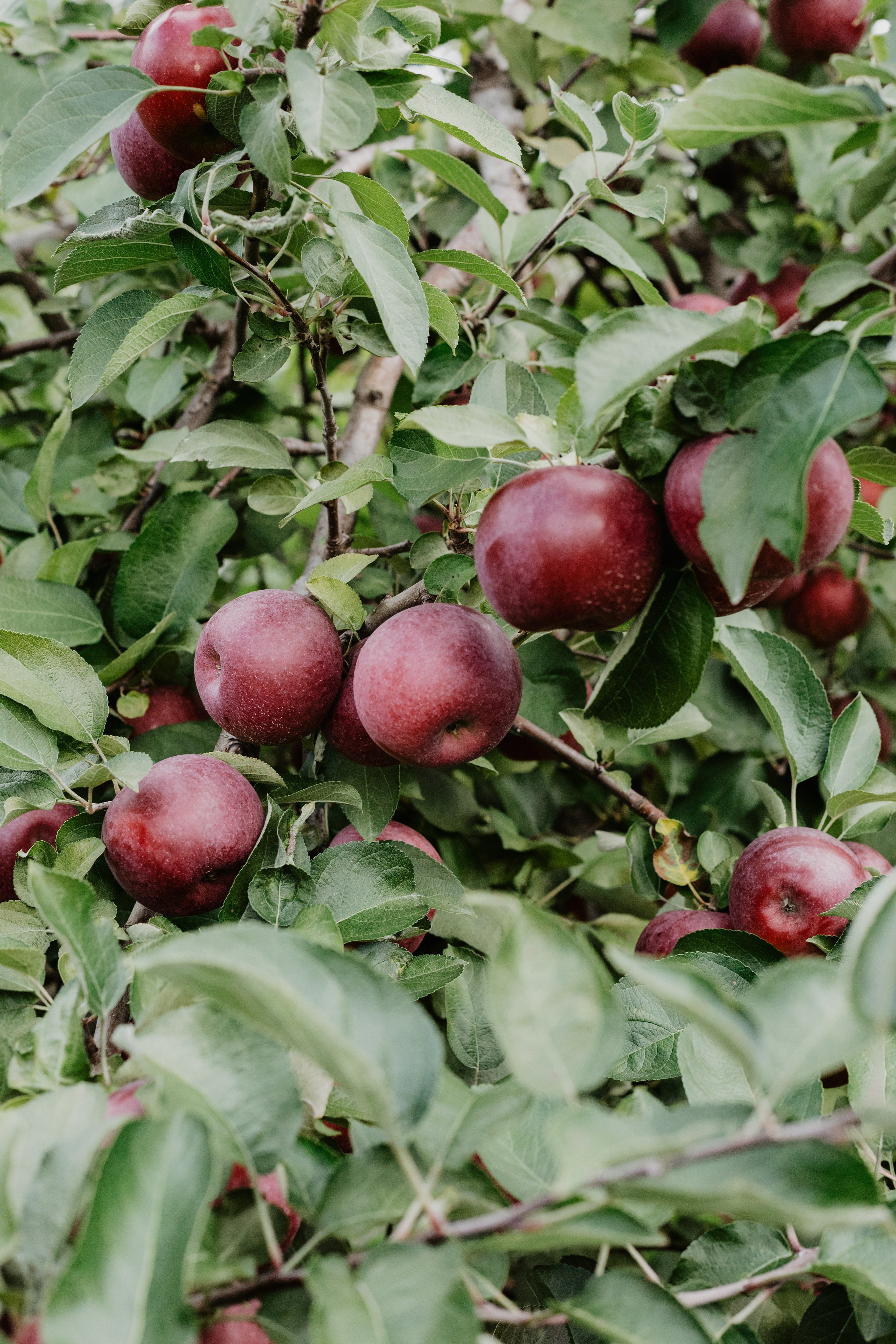
Reduced Need for Chemicals
Zeolite plays a key role in protecting soil from depletion and pollution. Its unique structure allows for water and nutrient retention, improving soil fertility and reducing the need for synthetic fertilizers.
Studies (Baričević et al., 2023) confirm that zeolite helps combat pests and plant diseases, reducing the need for pesticides. This leads to a more eco-friendly production process that preserves biodiversity and lowers costs for farmers.
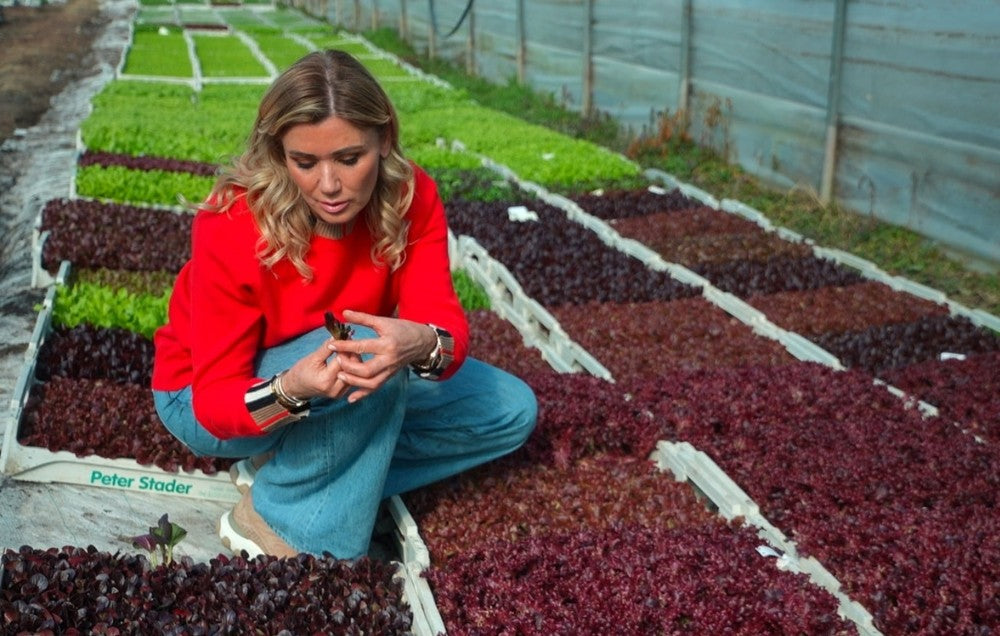
Generational Preservation of Soil Health
Zeolite reduces nutrient losses and creates optimal conditions for plant growth, resulting in higher yields, lower costs, and greater profitability, making you more competitive in the market.
Its application is simple, long-term cost-effective, and completely safe for the soil. Zeolite naturally binds toxins and heavy metals, making your land healthier and more fertile year after year.
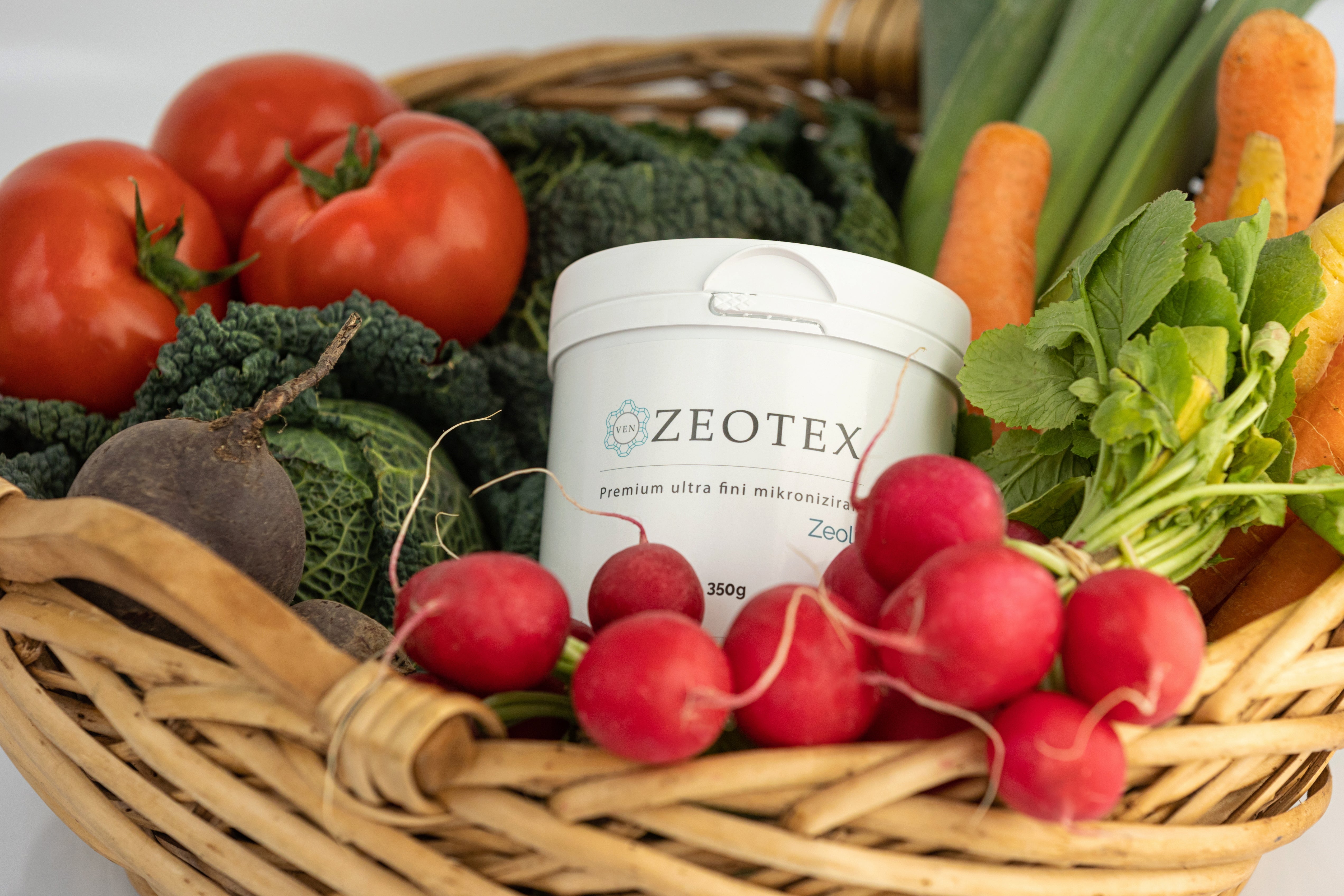
From Soil to Table
Ecologically Richer Produce
Zeolite’s ability to bind harmful substances like nitrates and heavy metals enables cleaner and healthier crops. A study (Drenjančević, 2022) proves zeolite effectively removes these pollutants from crops, improving food quality and reducing health risks for consumers.
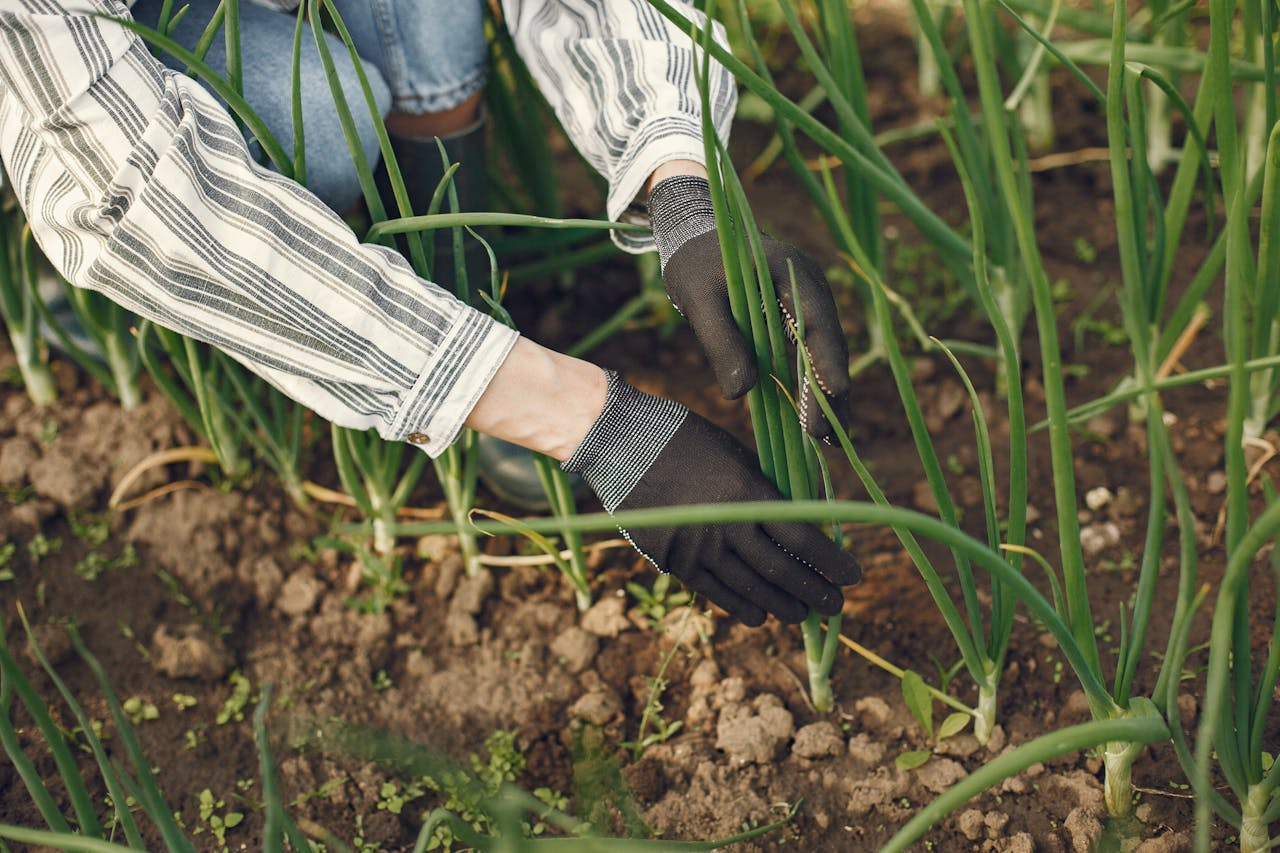
Application
Soil Quality Improvement
→ 300–600 kg/ha evenly spread before tillage
Viticulture & Fruit Growing
- Vineyards: 0.5 kg per planting spot
- Orchards: 1 kg per planting spot
- Nursery production: 0.5 kg/m²
- Orchard maintenance: 300–600 kg/ha annually
Crop & Vegetable Farming
- Sowing: 150–200 kg/ha mixed with seed and mineral fertilizer
- Topdressing: 300–600 kg/ha spread over soil surface
Organic Farming
- Organic fertilizers: Add 5–10% zeolite by mass
- Plant protection: Mix 2–5% with protective agents
Fruit Storage
- Moisture regulation: Place zeolite containers in storage rooms
- Ethylene removal: 100–300 g/m³ of space
Composting & Waste Management
- Compost: Mix 5–10% zeolite by mass with organic materials
- Decomposition acceleration: Spread 2–4 kg/m³ of waste evenly
